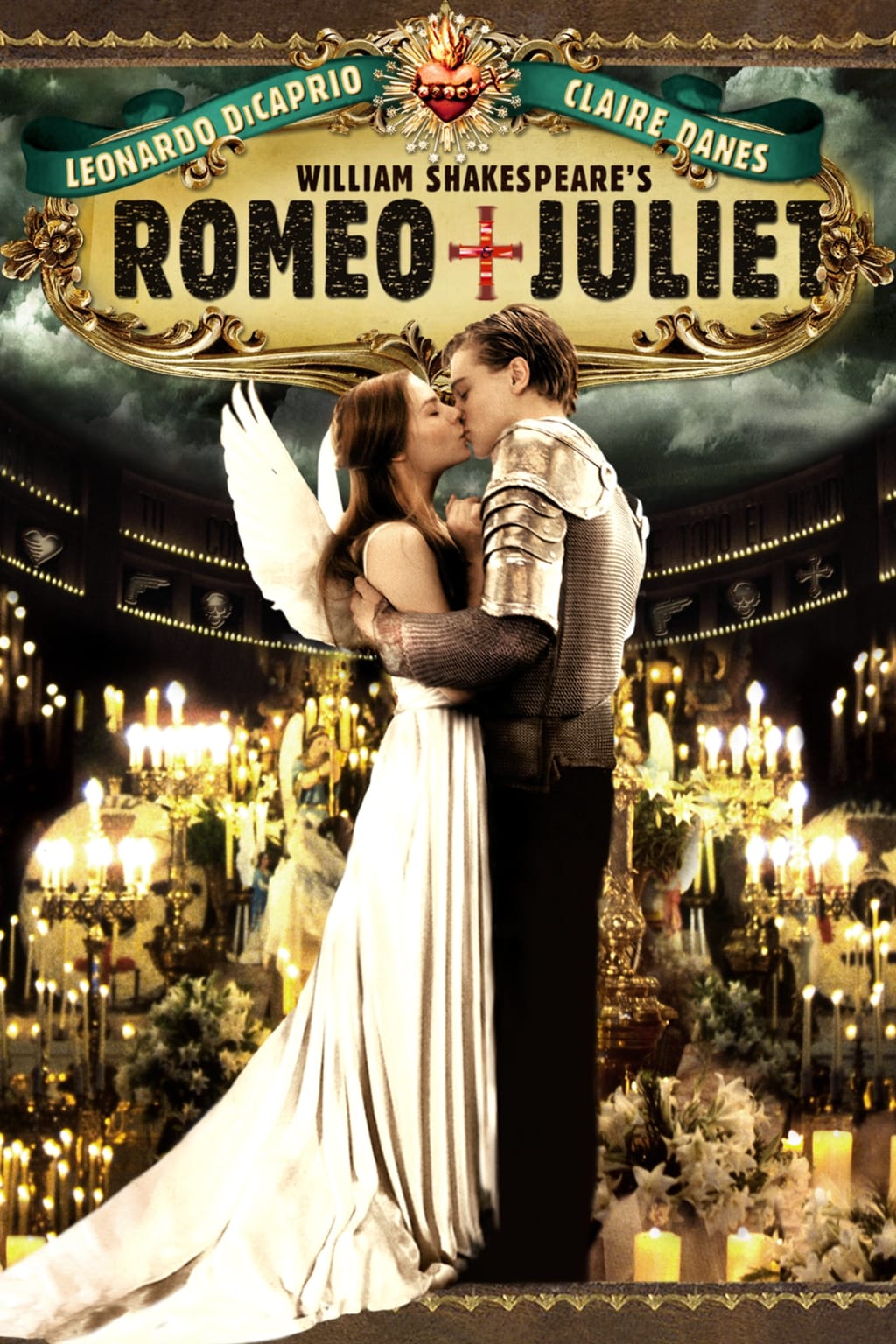
"Romeo and Juliet" is one of William Shakespeare's most famous plays and one of the most enduring tragedies in the English language. It was written in the early stages of Shakespeare's career, around 1597, and is believed to have been first performed shortly thereafter. The play is set in Verona, Italy, and revolves around the passionate and ill-fated love affair between two young members of feuding families, the Montagues and the Capulets.
Key Characters:
Romeo Montague: The romantic and impulsive protagonist who falls deeply in love with Juliet.
Juliet Capulet: The young and innocent heroine who falls in love with Romeo, despite the feud between their families.
Mercutio: Romeo's close friend, known for his wit and humor.
Tybalt: Juliet's cousin and a skilled swordsman, whose hot temper fuels the feud.
Friar Laurence: A well-intentioned, but ultimately flawed, character who marries Romeo and Juliet in secret.
Nurse: Juliet's confidante and caregiver, who aids in her secret romance.
Lord and Lady Capulet: Juliet's parents.
Lord and Lady Montague: Romeo's parents.
Here is a more detailed narrative of William Shakespeare's "Romeo and Juliet":
Act 1:
The play opens in Verona with a longstanding feud between two noble families, the Montagues and the Capulets. Amidst this strife, Romeo Montague, in a state of unrequited love, is persuaded by his friends Mercutio and Benvolio to attend a Capulet party in disguise. There, he meets Juliet Capulet, and the two instantly fall in love. Unbeknownst to them, the feud between their families becomes a significant obstacle to their budding romance.
Act 2:
Romeo and Juliet decide to marry in secret the next day. They seek the help of Friar Laurence, who hopes that their union might reconcile the feuding families. However, tensions rise as Tybalt, Juliet's cousin, challenges Romeo to a duel. Mercutio, in an attempt to defend Romeo, is killed by Tybalt. In a fit of rage, Romeo avenges his friend's death by killing Tybalt and is subsequently banished from Verona.
Act 3:
Juliet learns of Tybalt's death and Romeo's banishment. Distraught, she seeks the guidance of Friar Laurence, who devises a risky plan. Romeo spends a final night with Juliet before leaving for Mantua. Lord Capulet, unaware of Juliet's secret marriage, arranges for her to marry Paris. In desperation, Juliet takes a potion given by Friar Laurence that simulates death, with the intention of being reunited with Romeo once she awakens.
Act 4:
Believing Juliet to be dead, her family mourns, and her "body" is placed in the family tomb. Meanwhile, Friar Laurence sends a message to Romeo informing him of the plan. However, due to unforeseen circumstances, the message doesn't reach him.
Act 5:
Romeo, unaware of Juliet's plan, hears of her supposed death and rushes back to Verona. At the Capulet tomb, he encounters Paris and kills him in a duel. Finding Juliet seemingly lifeless, Romeo drinks poison and dies by her side. Juliet awakens, discovers Romeo's lifeless body, and takes her own life with his dagger. The tragic deaths of the young lovers prompt the families to reconcile, realizing the devastating consequences of their feud.
The play concludes with the Prince of Verona lamenting the senseless loss of life, and the Montagues and Capulets, now reconciled, pledge to end their long-standing enmity. The tragedy of "Romeo and Juliet" serves as a cautionary tale about the destructive power of hatred and the consequences of impulsive actions.
Act 5 (continued):
The tragic deaths of Romeo and Juliet prompt the Prince of Verona to intervene. The Montagues and Capulets, realizing the devastating consequences of their feud, are finally reconciled. The Prince emphasizes the heavy toll exacted by their animosity, stating, "All are punished."
The play concludes with the reconciliation of the two families and the promise to raise a gold statue in honor of the ill-fated lovers. The Prince's closing lines underscore the bitter irony of the situation and serve as a poignant reminder of the cost of hatred and blind loyalty to family honor.
Themes:
"Romeo and Juliet" explores several timeless themes, including the power of love, the destructive nature of feuds, and the inevitability of fate. The play also delves into the complexities of youthful passion and the consequences of impulsive actions. Shakespeare's poetic language and exploration of these themes contribute to the enduring appeal and cultural significance of "Romeo and Juliet."
Adaptations:
Over the centuries, "Romeo and Juliet" has been adapted into various art forms, including ballets, operas, films, and plays. Countless directors and artists have been inspired by the tragic tale of the star-crossed lovers, each offering their unique interpretation of the timeless story.
Legacy:
"Romeo and Juliet" remains one of Shakespeare's most well-known and frequently performed plays. Its enduring popularity is a testament to the universal themes it explores, and the characters of Romeo and Juliet have become iconic symbols of romantic, yet tragic, love.
In summary, "Romeo and Juliet" is a masterful exploration of love, fate, and the consequences of unchecked hatred. The play's universal themes and memorable characters continue to captivate audiences around the world, making it one of the most celebrated works in the literary canon.
About the Creator
Reader insights
Nice work
Very well written. Keep up the good work!
Top insight
Easy to read and follow
Well-structured & engaging content





Comments (4)
NICE
I LIKE ROMEO JULIET
GOOD BROTHER
VERY INTERSTING BROTHER